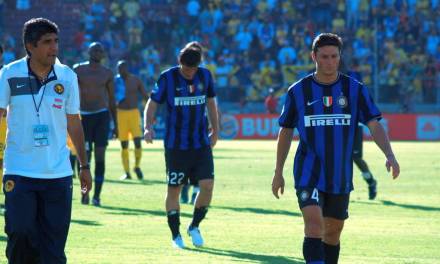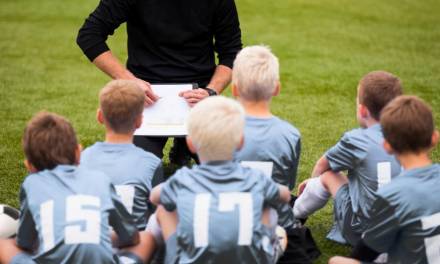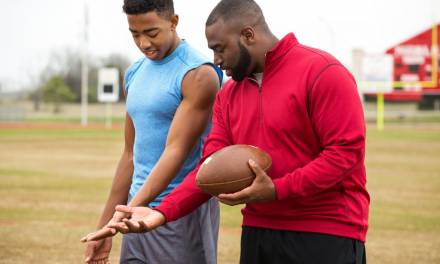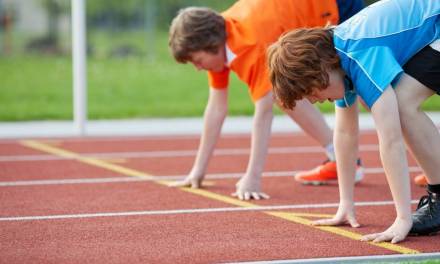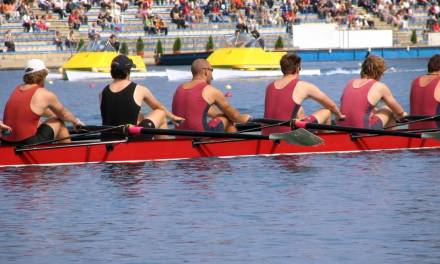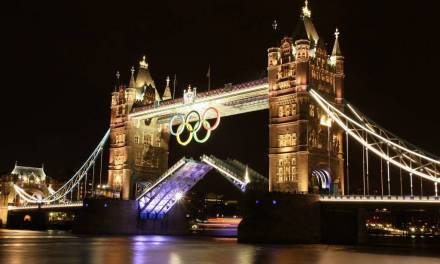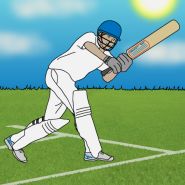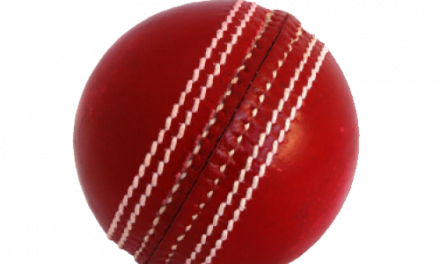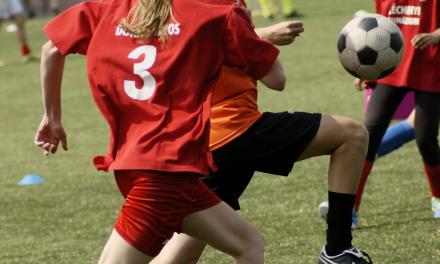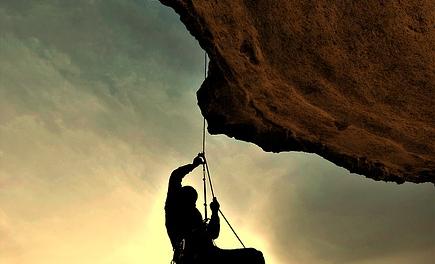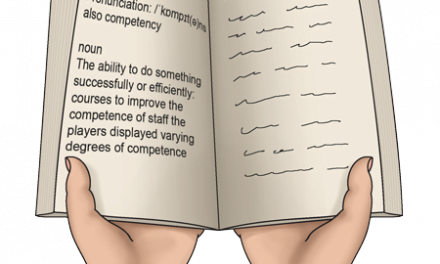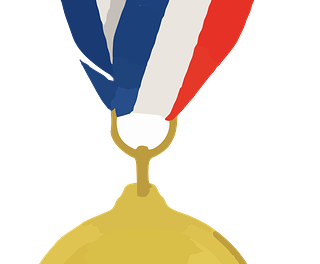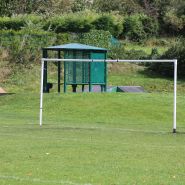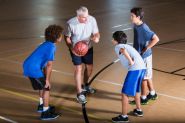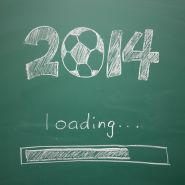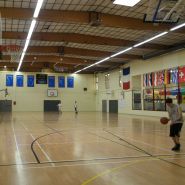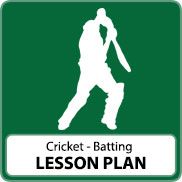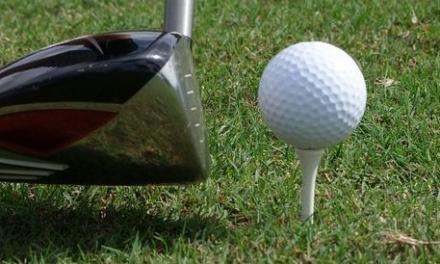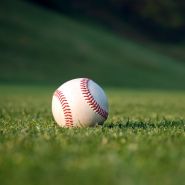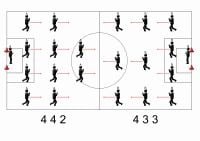How coronavirus is affecting sporting events
Reading time: 4 minutes
The World Health Organisation (WHO) said yesterday that the world is in “unchartered territory” on the coronavirus outbreak. The UK Government is today expected to announce a plan to combat the virus, including an effect on school, travel arrangements and sporting events.
Sporting events have already been affected heavily by the virus around the world. Major international events have already been cancelled, while domestic sport in a number of countries is also under threat.
But what has been done so far to stop the virus spreading through sport – and how are this summer’s events such as the Olympics and European Championships likely to be affected. This blog post explains.
Read More
